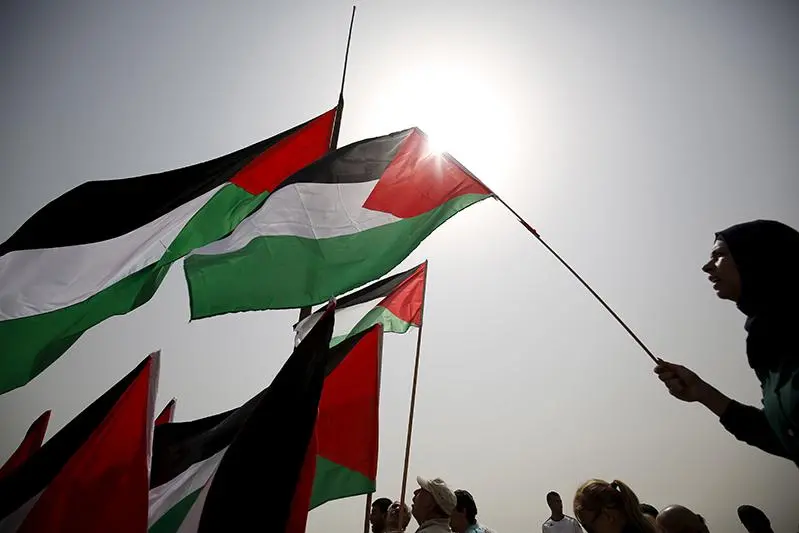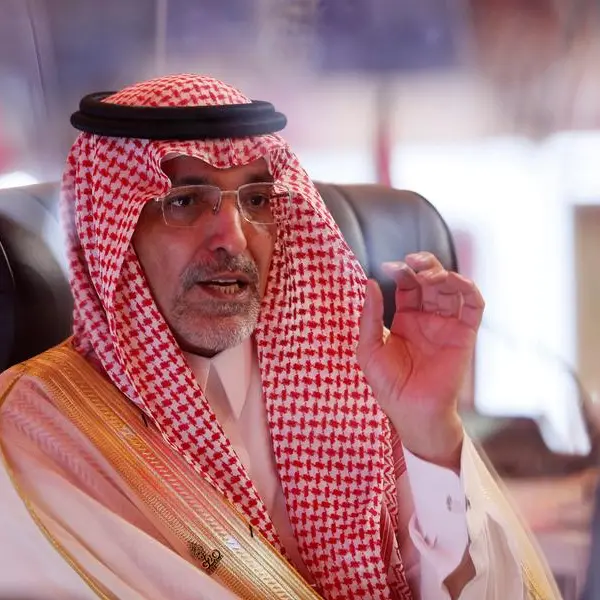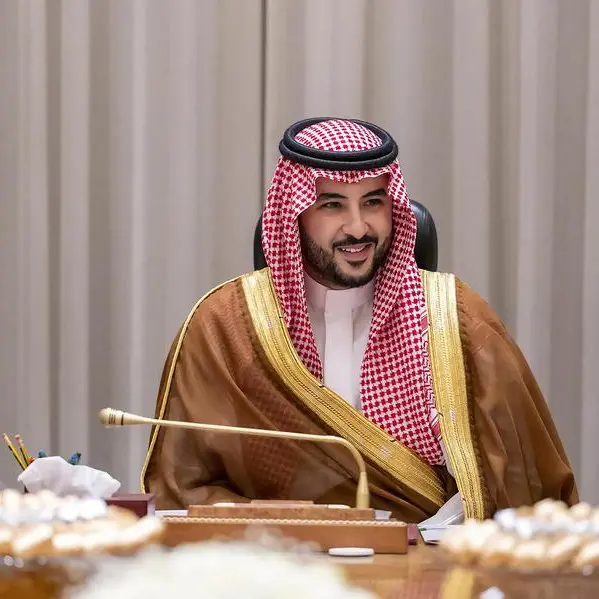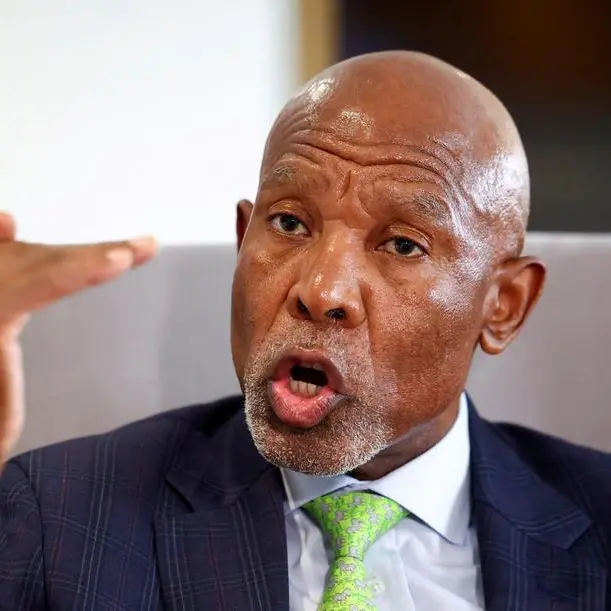PHOTO
JERUSALEM – With the cease-fire ending the latest Israeli-Palestinian confrontations in Gaza and the West Bank, the question now is how to secure a credible path toward peace. To have any hope of success, Palestine’s economy will need to be strengthened, and concerned international parties will have to stay engaged. Fortunately, Palestinian economic management has achieved much more than the world has acknowledged, and is up to the task of reconstruction and development needed today.
A viable public-sector budget is one of the most enduring economic achievements of 25 years of Palestinian state-building efforts. But that success is now threatened by a chronic socioeconomic crisis, aggravated by the COVID-19 pandemic, prolonged political paralysis, and the recent upsurge in Israeli-Palestinian tensions. With US President Joe Biden’s administration apparently poised to take advantage of a new political balance emerging between the parties and in the region, multilateral financial institutions – and the International Monetary Fund in particular – must do their part to help Palestine.
Solid public finances have allowed the Palestinian National Authority to deliver the range of services needed to maintain public security, social cohesion, and a functioning, if hobbled, market economy amid a volatile macroeconomic and political climate under occupation. Despite limited policy space, the PNA’s sound fiscal governance has maintained aggregate demand and kept essential services running even during the pandemic and the resulting socioeconomic fallout, and the PNA budget still devotes around 30% of its expenditures to Gaza, despite not governing there.
Although donors and international institutions have left Palestine to fend for itself in its financial relations with Israel, the PNA has withstood recurrent sanctions, most recently in 2019 and again in 2020, imposed by the Israeli authorities through their control of Palestinian customs and trade-tax revenues. But this time around, with pressure building on Palestine’s precarious health-care system and battered enterprise sector, there is no easy fix in sight.
Since the PNA’s establishment in 1994, international financial institutions have become deeply embedded in Palestine. The World Bank has provided development finance, and the IMF technical assistance, while the International Finance Corporation (the World Bank’s private-sector lending arm) has offered loan guarantees for business development. In its relations with the United Nations and international organizations, Palestine acts, to all intents and purposes, as a national government, and claims the designation of a “state under occupation.” But, 27 years on, its status with leading multilateral economic institutions remains inferior.
Unlike other governments, the PNA has no representation in the governing bodies of multilateral institutions, despite their close involvement in Palestine’s most critical economic development issues. Nor can it access IMF financing for distressed economies, although Palestine certainly would qualify as one.
Unfortunately, IMF reports to the donor community in recent years have increasingly accommodated Israel’s security perspective when discussing Palestine’s economy and public finances. The Fund regularly skirts the structural impact of Israeli-imposed impediments to Palestine’s economic growth and of Israel’s control of Palestine’s trade, borders, and natural resources. To be blunt, IMF reports disregard the facts of Israeli colonization and military occupation.
The imbalance and inequities in the IMF’s relations with Palestine must end. The PNA has appealed repeatedly to successive managing directors of the Fund for talks on how Palestine can attain its rightful autonomous status at the institution, instead of being treated as an appendage of the Israel desk. Existing arrangements give the occupying power unprecedented room to interfere in the details of Palestinian public finances and impose colonial diktats.
True, the IMF has provided valuable technical assistance that has helped to build the Palestinian fiscal system – part of fledgling state institutions that the Fund, the World Bank, and the UN attested ten years ago were “above the threshold for a functioning state.” But although nearly 140 states have since then recognized Palestinian statehood, the Bretton Woods institutions remain stuck in a colonial mindset.
It is now far more possible for the IMF to do the right thing, because the Biden administration appears ready to invest political capital and US aid to revive a credible effort to achieve a two-state solution. If anything, Biden’s progressive-leaning domestic economic policies indicate a readiness to break with failed orthodoxy. Admitting Palestine as an IMF member would not prejudice eventual diplomatic processes, nor imply recognition of the disputed “State of Palestine,” because Article II of the Fund’s Articles of Agreement states that membership shall be open to “countries,” a status that no one can deny Palestine.
Rectifying Palestine’s status at the IMF would send a message of confidence from the international community at a critical juncture for the region. The two-state solution has been in suspended animation for years now, and the PNA’s financial sustainability is at risk because of the COVID-19 shock, which cost Palestine 12% of its GDP in 2020. But given politically promising conditions, IMF Managing Director Kristalina Georgieva, who has shown wise leadership throughout the COVID-19 crisis, has an ideal opportunity to change the dynamics of Palestine’s relations with the Fund.
If the idea of formal status for Palestine at the IMF remains hostage to Israeli lobbying pressure, Arab or other friendly countries could allocate a portion of their special drawing rights (the IMF’s reserve asset) so that the Fund could provide the PNA with the same sort of emergency financing it has extended to other developing countries struggling with the pandemic’s fallout. Such a step would allow Palestine to tap international financial assistance in extraordinary crises such as the current one, without interference by Israel.
Today, the United States and the international community can improve both the prospects for the Palestinian economy, and for Middle East peace and stability, by enhancing Palestine’s financial stature. The IMF should thus acknowledge Palestine’s fiscal progress over the past quarter-century and offer it a financial New Deal with upgraded status at the Fund.
Raja Khalidi is Director-General of the Palestine Economic Policy Research Institute (MAS).
Disclaimer: The content of this article is syndicated or provided to this website from an external third party provider. We are not responsible for, and do not control, such external websites, entities, applications or media publishers. The body of the text is provided on an “as is” and “as available” basis and has not been edited in any way. Neither we nor our affiliates guarantee the accuracy of or endorse the views or opinions expressed in this article. Read our full disclaimer policy here.
© Project Syndicate 2021




















